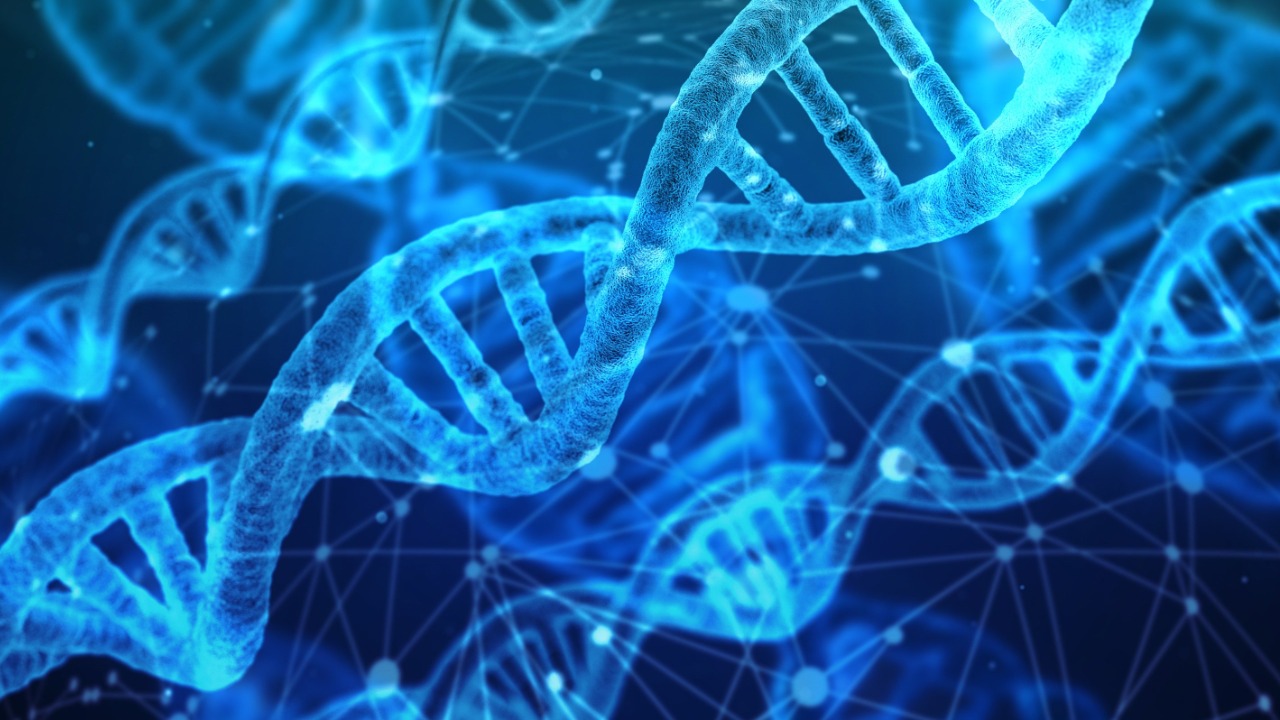
Scientists have recently turned their attention to the DNA of an ancient predator, the shark, in the fight against cancer. The remarkable biological resilience of sharks, honed over hundreds of millions of years, could provide new insights into combating tumor growth, a feat that human cells have yet to master. This groundbreaking research suggests that the evolutionary adaptations of sharks could hold the key to developing innovative cancer therapies.
Sharks as Evolutionary Survivors
Sharks have a lineage that stretches back over 400 million years, surviving multiple mass extinctions. This impressive longevity is now being studied for its potential implications in cancer resistance. Sharks possess a unique physiology, including a skeleton made entirely of cartilage and a robust immune system, which may contribute to their natural defenses against diseases like cancer. Specific species, such as the great white and nurse shark, have been singled out for genetic research due to their notably low rates of cancer incidence. These species could provide valuable insights into the genetic basis of cancer resistance.
Key Features of Shark DNA
Shark genomes are structured to resist mutations, thanks to efficient DNA repair mechanisms. This characteristic, observed in recent sequencing efforts, could be a crucial factor in their cancer resistance. Sharks also possess unique genetic elements, such as specialized genes for apoptosis, or programmed cell death. This process prevents uncontrolled cell proliferation, a hallmark of tumor growth. Comparative genomics between sharks and humans could reveal transferable DNA sequences that could be harnessed for anti-cancer applications.
Shark DNA’s Cancer-Fighting Mechanisms
Research has shown that certain elements derived from shark DNA can inhibit angiogenesis, the process by which new blood vessels form. This inhibition can effectively starve tumors of their blood supply. Additionally, proteins derived from sharks have been found to enhance immune responses against cancer cells, including the activation of T-cells, a type of white blood cell that plays a key role in immune responses. Animal studies have shown promising results, with shark DNA extracts reducing tumor sizes by up to 50% in preclinical trials.
From Lab to Clinical Trials
Marine biology teams are currently extracting shark DNA for the development of potential drug candidates. As of 2025, research initiatives are underway to test the safety and efficacy of these shark-inspired therapies in phase I clinical trials, with a focus on treating specific cancers like melanoma. Collaborations between oceanographic centers and oncology labs are also being established to scale up the synthesis of shark DNA for therapeutic applications.
Challenges in Harnessing Shark Genetics
While the potential benefits of shark genetics are promising, there are several challenges to overcome. Ethical concerns have been raised about the sustainability of harvesting shark DNA, particularly from overfished species. Synthetic replication of shark DNA could provide an alternative solution. Technical hurdles also exist, such as the challenge of adapting the stability of shark DNA to human cellular environments without causing adverse effects. Regulatory barriers, including FDA guidelines on novel biologics, also need to be addressed before shark-derived treatments can be approved for use.
Broader Implications for Oncology
Shark DNA could potentially complement existing cancer treatments like chemotherapy, potentially reducing side effects through targeted gene therapies. The interdisciplinary impacts of this research could extend beyond oncology, inspiring bioengineering efforts for other diseases using ancient predator models. Looking ahead, the integration of shark genetic insights could pave the way for personalized medicine approaches, providing patient-specific weapons in the fight against cancer.
More from MorningOverview